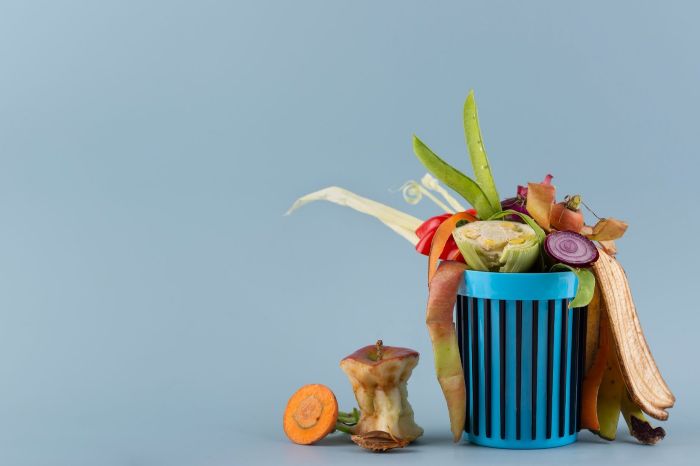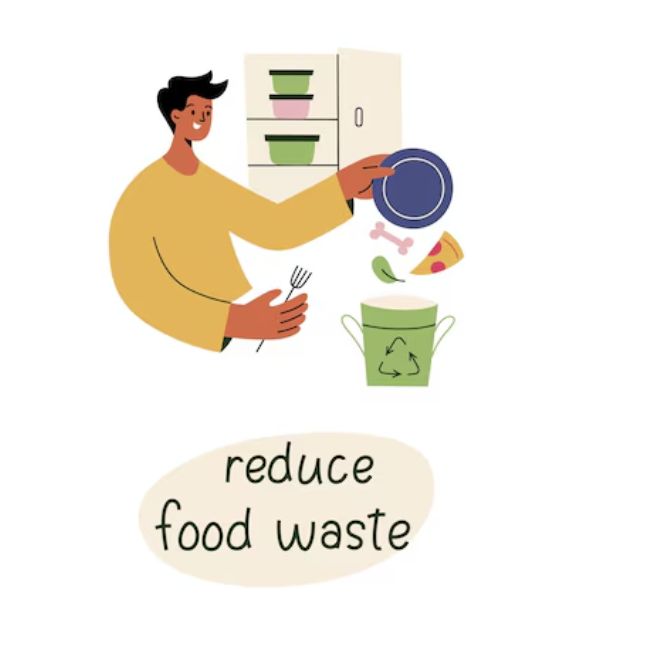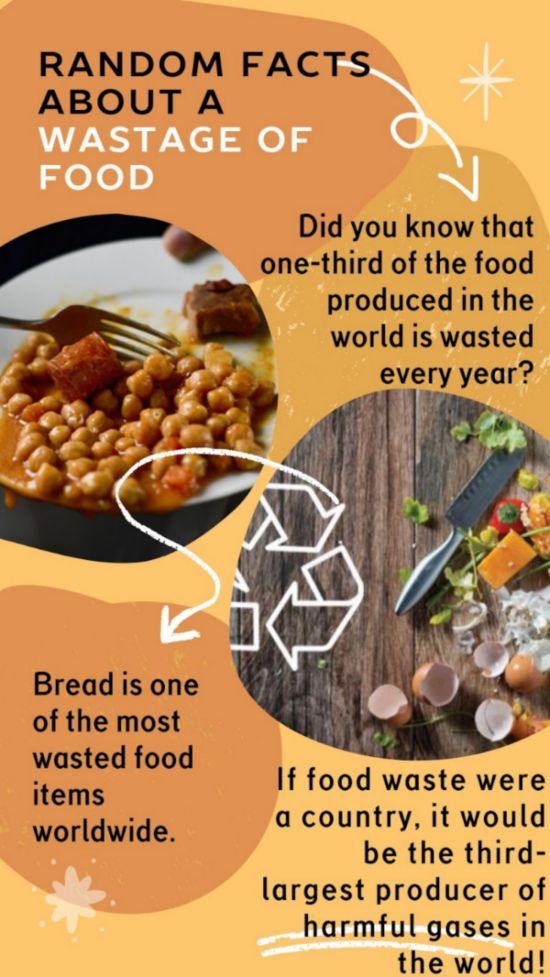Wastage of food
Food is an important part of our lives. It gives us energy to play, study, and grow. But sadly, a lot of food is wasted every day. Food wastage means throwing away food that could have been eaten. Let’s learn why it happens, how to stop it, and why it’s important to save food.

Why is Food Wasted?

-
Cooking Too Much: Sometimes, we cook or order more food than we can eat.
-
Ignoring Leftovers: Many people throw away leftover food instead of eating it later.
-
Rotten Food: Fruits and vegetables often go bad because they are not stored properly.
-
Picky Eating: Some people waste food because they don’t like certain dishes.
Why Should We Prevent Food Waste?
When we waste food:
-
Farmers’ hard work is wasted.
-
It harms the environment because wasted food creates harmful gases in garbage dumps.
-
Many people don’t have enough food to eat, and throwing food away is unfair to them.
How to Prevent Food Waste?
Here are some simple ideas to save food:
-
Plan Meals Wisely: Only buy and cook what you can eat.
-
Store Food Properly: Keep fruits and veggies in the fridge to stay fresh longer.
-
Eat Leftovers: Reheat and enjoy leftover meals instead of throwing them away.
-
Share Food: If you have extra food, share it with someone who might need it.
-
Compost: Turn food scraps into compost to help plants grow.
What Ways Can You Suggest to Prevent Food Wastage?
Here are some fun ideas:
-
Organize a “Leftover Day” with your family where everyone eats and enjoys leftover meals.
-
Try cooking smaller portions to avoid leftovers.
-
Learn recipes that use food scraps, like vegetable peels for soup.
Fun Facts About Food Waste!

Quiz Time!
1. What happens when we waste food?
a) Nothing.
b) It helps plants grow.
c) It harms the environment.
2. How can you store fruits and vegetables to keep them fresh?
a) Leave them outside.
b) Put them in the fridge.
c) Throw them away.
3. What is one fun way to prevent food waste with your family?
a) Play with food.
b) Have a “Leftover Day.”
c) Throw it away.
4.How can schools help reduce food waste?
a) Encourage students to throw away leftovers.
b) Start composting programs for food scraps.
c) Bring extra food from home to waste.
d) Close the cafeteria.
5.What is one way to check if your food is still good to eat?
a) Look at it, smell it, and taste it carefully.
b) Assume it’s bad if it’s past the expiry date.
c) Never eat anything that’s been in the fridge.
d) Throw it away after one day.
6.What does the phrase “Love Your Leftovers” mean?
a) To store leftovers properly and eat them later.
b) To throw leftovers in the trash immediately.
c) To feed leftovers to your pets only.
d) To ignore leftovers in the fridge.
The Environmental impact of food waste
When we waste food, it doesn't just hurt our tummies—it hurts the planet too! Food that gets thrown away often ends up in landfills, where it rots and produces a harmful gas called methane. This gas makes the Earth hotter, which is bad for animals, plants, and people. Wasting food also wastes all the water, energy, and hard work that went into growing, transporting, and cooking it. Imagine wasting gallons of water because you didn't finish your meal! Eat what you take and save leftovers to help the Earth and keep it healthy for everyone.
Be a Food-Saving Hero!
Now that you know how to prevent food waste, try to follow these tips at home. Saving food means saving resources, helping the environment, and making sure everyone has enough to eat. What ways can you suggest to prevent food wastage? Share your ideas with your family and friends!
Practice Worksheets
Click below for the practice worksheets...
Easy Level Worksheets
Intermediate Level Worksheets
Advance Level Worksheets

